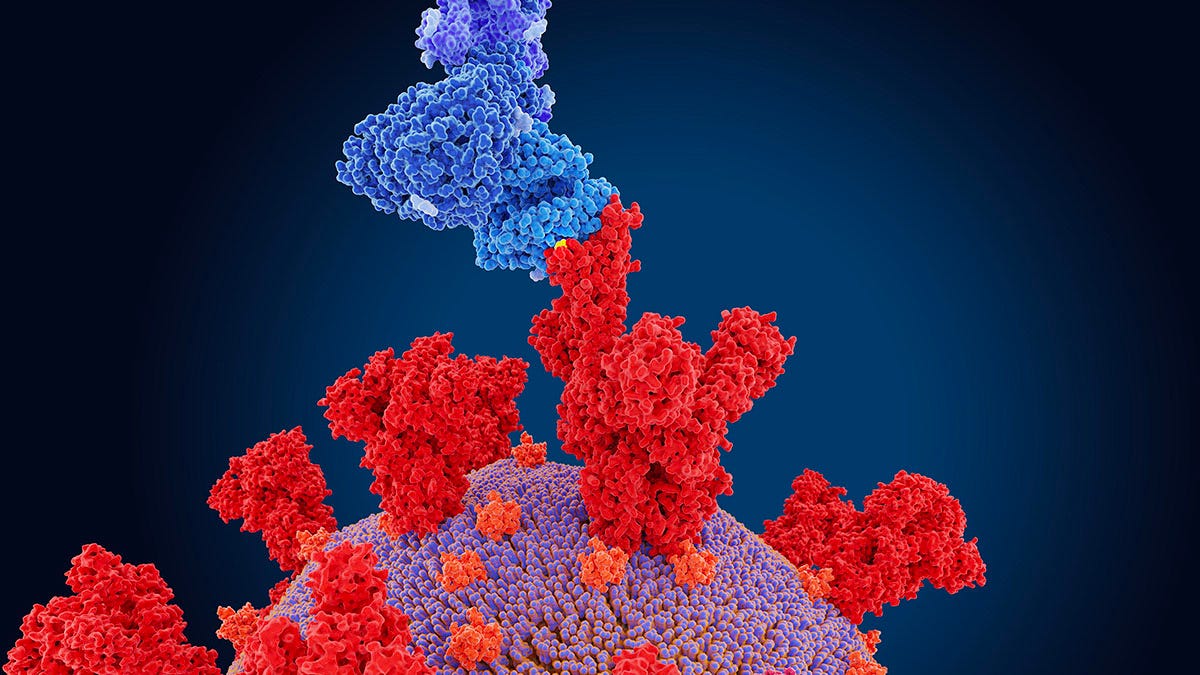your science briefing for 01.03.2025
Why we're still dealing with Long COVID, revisiting how fear affects political beliefs, slowing the spread of cancer with a cholesterol drug, and more...
We may feel like we’re done with COVID, but COVID is far from done with us. Its long term side effects after nearly 705 million infections and over 7 million deaths are still with us. And now scientists think they know how it attacks our blood vessels and our brain at the same time: by binding to a blood clotting protein called fibrin… (Nature)
By now, every casual popular science reader knows that people who identify as more conservative are more likely to experience something called “negativity bias,” or be a lot more sensitive to perceived threats, real or imagined. But new studies looking at conservatism across the United States and Europe are no longer so sure that’s really the case… (PsyPost)
While 1816 is commonly known as the year without a summer thanks to the eruption of Mt. Tambora, there was another sudden and bizarre cold snap in 1831. According to ice cores, this was also the result of volcanism. But this time, the culprit is far less famous and way more northern… (Science)
Authoritarian regimes tend to loathe scientists, engineers, and deep thinkers as they tend to question those in power on a regular basis. The USSR wasn’t an exception to this rule, labeling its intellectuals “enemies of the people” and sending them to remote labor camps. Yet decades later, towns and cities near these former gulags benefited greatly from the knowledge offered by their prisoners… (AEA)
Cancer is at its most dangerous when it metastasizes, spreading to other organs and shutting down their function. In the case of breast cancer, a cholesterol-related gene called PCSK9 appears to determine how aggressive that spread is. And that means a protein originally intended to help lower cholesterol can slow this cancer’s spread as a welcome side effect… (ScienceNews)
![[ world of weird things ]](https://substackcdn.com/image/fetch/$s_!V-uR!,w_80,h_80,c_fill,f_auto,q_auto:good,fl_progressive:steep,g_auto/https%3A%2F%2Fsubstack-post-media.s3.amazonaws.com%2Fpublic%2Fimages%2F93728edf-9a13-4b2b-9a33-3ef171b5c8d8_600x600.png)

